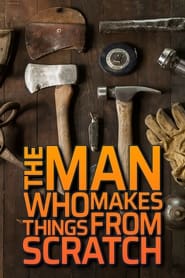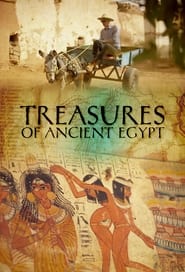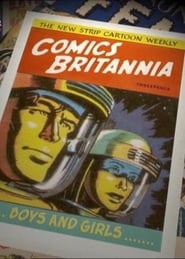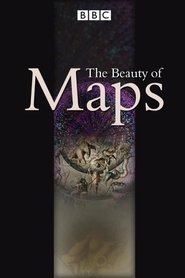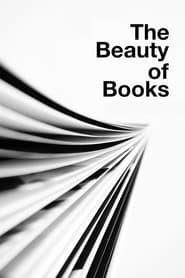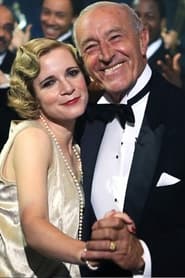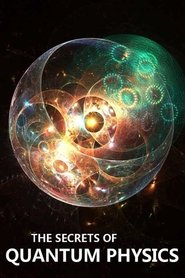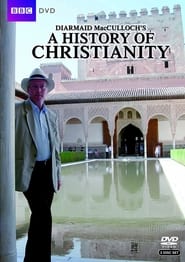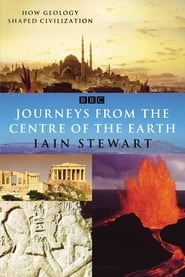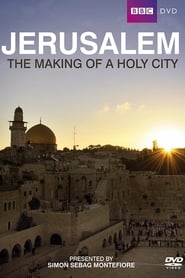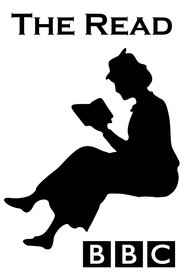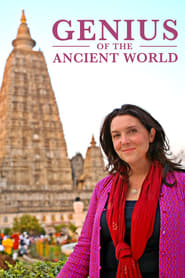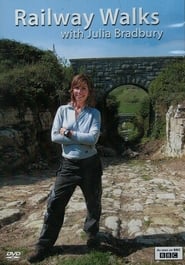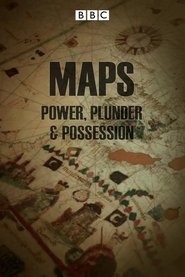Bbc Four TV Series - Page 7
-
The Man Who Makes Things From Scratch
2014
In this series, Tom is facing a new challenge, can he make 4 everyday items using only raw materials from the UK and his own handy work? -
Treasures of Ancient Egypt
2014
star 7.5Alastair Sooke tells the story of Ancient Egyptian art through 30 extraordinary masterpieces. -
Comics Britannia
2007
Comics Britannia
2007
Comics Britannia is a three-part documentary series from BBC Four which started on 10 September 2007. It was then repeated on BBC Two starting on 19 July 2008. The series looks at the history of the British comic and is also the centre of a Comics Britannia season. -
The Beauty of Maps
2010
The Beauty of Maps
2010
Documentary series looking at maps in incredible detail to highlight their artistic attributions and reveal the stories that they tell. -
The Beauty of Books
2011
The Beauty of Books
2011
Series combining human stories, expert interviews, book illustrations and historic archive to reveal the beauty of books. -
Dancing Cheek to Cheek: An Intimate History of Dance
2014
Len Goodman and Lucy Worsley uncover the British love affair with dancing, exploring the nation's favourite dances from the 17th to the 20th centuries. -
The Secrets of Quantum Physics
2014
star 6.6Professor of physics Jim Al-Khalili investigates the most accurate and yet perplexing scientific theory ever - quantum physics. -
A History Of Christianity
2009
star 7Professor Diarmaid MacCulloch - one of the world's leading historians - reveals the origins of Christianity and explores what it means to be a Christian. -
Journeys from the Centre of the Earth
2004
Geologist Dr Iain Stewart presents a series showing how the rocks beneath our feet have shaped the human history of the Mediterranean. -
The Live Lounge Show
2017
The Live Lounge Show
2017
Clara Amfo takes us behind the scenes of Radio 1's Live Lounge - the biggest live studio showcase in the world. -
If Walls Could Talk: The History of the Home
2011
Lucy Worsley, chief curator of the historic royal palaces, takes us through 800 years of domestic history by exploring the British home through four rooms, meeting experts and historians on the way. -
Jerusalem: The Making of a Holy City
2011
star 7.5Author and historian Simon Sebag Montefiore presents a three-part series that illuminates the history of the sacred, and peerlessly beautiful city - Jerusalem. -
The Read
2022
-
Genius of the Ancient World
2015
star 6.6Historian Bettany Hughes travels to India, Greece and China on the trail of three giants of ancient philosophy - Buddha, Socrates and Confucius. -
Railway Walks with Julia Bradbury
2008
star 7Julia Bradbury takes a series of walks following the old tracks, overgrown cuttings and ancient viaducts of Britain's lost rail empire. -
Maps: Power, Plunder and Possession
2010
Map expert Professor Jerry Brotton uncovers how maps aren't simply about getting from A to B, but are revealing snapshots of defining moments in history and tools of political power and persuasion. -
A Very British Romance with Lucy Worsley
2015
star 8.2Lucy Worsley delves into the history of romance to uncover the forces shaping our very British happily ever after and how our feelings have been affected by social, political and cultural ideas. -
An Islamic History of Europe
2009
Rageh Omaar visits Spain, Sicily and France to discover the history of Islam in Europe -
H2O: The Molecule that Made Us
2020
star 8A landmark, three-part series that tells the human story through our relationship to water. We find out how our success is intimately connected to our control of the molecule, but that the growth of our civilizations has also created a dangerous dependence on a precious resource. One that may be about to run out. -
Paul Merton's Silent Clowns
2007
Paul Merton profiles some of the great stars of silent comedy, examining their lives and works, and uncovering seldom-seen material
